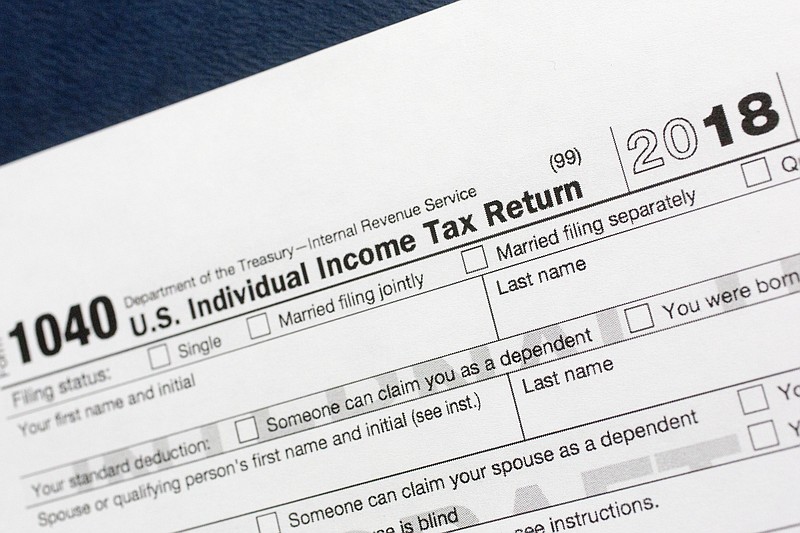ATLANTA - Sometimes a tax cut doesn't feel like a tax cut.
The Tax Cuts and Jobs Act, passed in late 2017, cut tax rates for most Americans, but that doesn't mean that refunds will be larger.
The results are just the opposite for many.
Refunds so far this year have averaged $1,865, which is smaller than a year ago, according to the first 16 million returns handled by the Internal Revenue Service. And many who got a refund in past years find themselves owing a payment.
"Anyone who gets a smaller refund than usual or who actually has a balance due to the government is surprised," said Nathan Rigney, lead tax research analyst for tax preparer H&R Block, which claims to do one of every seven tax filings.
"And it can be hard because there were a lot of people counting on that refund."
The shortfalls in refunds happened because businesses usually withhold a certain amount from paychecks to cover taxes. However, the IRS suggested after the change in the law that employers withhold less income tax. That way employees would get more of the benefit from the tax cut in each paycheck.
That meant, at the end of the year, workers had less money set aside to cover taxes, and some did not have enough to cover what they owed.
That surprised a lot of folks.
Most people simply hadn't realized they were already getting the benefits of the lower rates throughout the year, Rigney said.
"Especially if you have direct deposit, you might not notice that much, even less so if you have a 401(k) match," he said. "And when you spread it over 24 or 26 paychecks, you really don't notice it."
Rigney said disappointed taxpayers question their refunds or payment until shown the details. "That's when people get it. But that doesn't get you the refund back."
Taxpayers who like getting a refund should fill out a new W-4 tax form with their employers, asking the company to withhold more each payday, tax experts say.
The changes in the federal tax law also creates a problem for some Georgia taxpayers who have to decide whether to itemize or not.
The federal standard deduction was raised, but the amount of some deductions a taxpayer could itemize was capped. Experts say that makes it more likely that many taxpayers will take the standard deduction rather than itemizing. But then the taxpayer must also take the standard deduction on the state return as well.
However, that might mean paying more taxes on the state returns than he or she would if itemizing.
So taxpayers need to compare the benefits of taking deductions on both, or itemizing on both, said Authur Auerbach, the chair of the Georgia Society of Certified Public Accountants. "You will have to sit with your tax preparer or computer program and examine all the alternatives to see what makes sense."
The Georgia Legislature can decide to "decouple" state returns from federal returns, permitting taxpayers to itemize on one and take the standard deduction on the other.
State lawmakers are considering House Bill 199 that would do that. But it would not be effective for returns being filed for 2018, if it passes.
